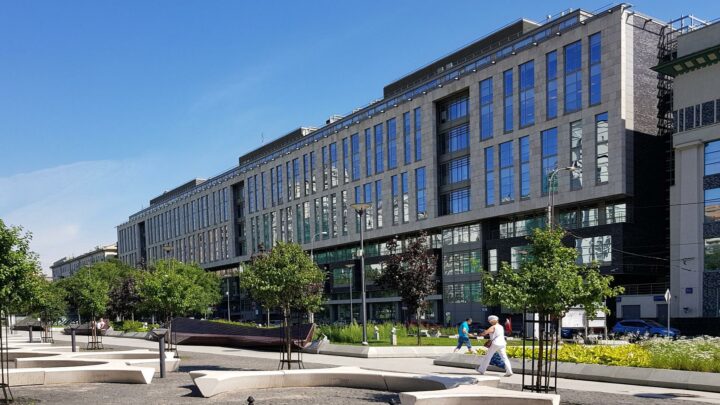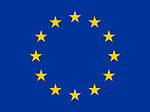Cities attribution to GHG emissions
It’s true that the majority of global greenhouse gas (GHG) emissions can be attributed to the production and consumption activities of cities. That can consist of a real problem for the local city governance who is responsible for the decision-making regarding the implementation of innovations aiming at the city transformation to a smart and sustainable ecosystem.
GHG is an important fact in climate change and as such many governments and organizations are seeking measures to reduce emissions. Not only are cities a major driver of GHG emissions, but some perhaps have the knowledge, creativity, and resources to reduce them. For cities to overcome this situation, is necessary to have reliable GHG inventories are in need and to understand how and why their emissions differ (Kennedy et al, 2009).
Why is important for the cities to reduce their GHG emissions?
The European Union has already taken many actions for the fight against climate change and has made it one of its top priorities. Local authorities have a key role in the climate change challenge as over half of greenhouse gas emissions are created in and by cities. In addition, cities are vulnerable to climate change and its effects due to its large population. Local authorities play a key role in the achievement of the EU’s energy and climate objectives and are leading actors for implementing local sustainable energy policies (Bertoldi, 2018).
Cities can make actions for meeting the European Union’s commitments in terms of reducing GHG emissions and improve the quality of life of the inhabitants, local authorities. For doing so, local authorities must have a precise vision of the energy consumption of their territory, of the equipment (type of boilers, hot water, etc.) and of the uses of the inhabitants (particularly in terms of transport) in order to identify the levers for action.
What exactly the BEYOND Platform can offer?
Here comes the BEYOND platform to provide solutions that city councils need. In the platform algorithms will be developed that will increase the forecasting accuracy of generation and demand of buildings and other load assets of the city, which will provide demand data of high granularity. These algorithms will support and enhance the operations of existing software (Crystal City tool) in order to reach ideal decision-making support on the mid- and long-term policy making of the local authorities in terms of cost effectiveness and sustainability.
Keep following us to find more about the platform!
References
Bertoldi, P. (2018). Guidebook’How to develop a Sustainable Energy and Climate Action Plan (SECAP)’. Publication Office of the European Union
Kennedy, C., Demoullin, S., & Mohareb, E. (2012). Cities reducing their greenhouse gas emissions. Energy policy, 49, 774-777.






